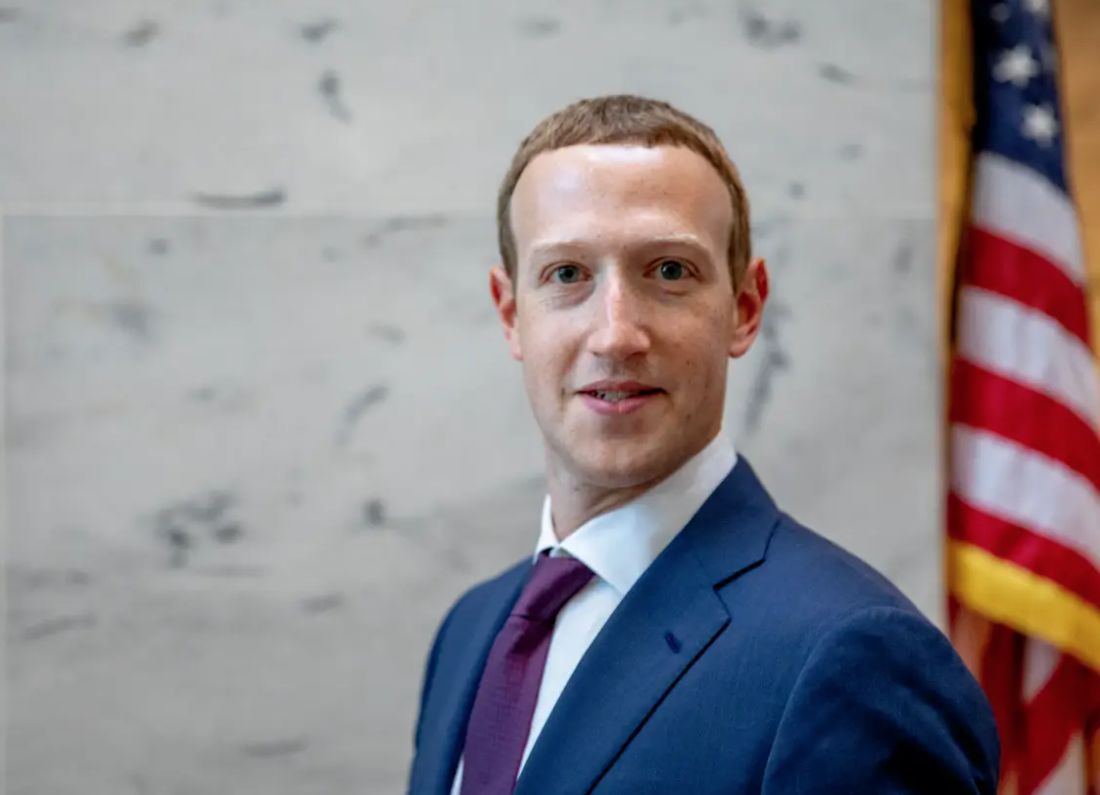
Facebook’s Anti-TikTok Propaganda Campaign Just Blew Up in its Face
Last year, school boards all across the United States were forced to deal with urgent high level meetings to address concerns about a dangerous viral trend taking place on the popular video app TikTok called the “slap your teacher” challenge. Only problem? It turns out that it was never real, and was the fabrication of an elaborate dirty propaganda campaign funded by the company’s rival, Facebook.
This week the Washington Post dished on the details of the Republican communications firm hired by Facebook to spread lies and fake news about the competing platform.
The campaign, launched by Republican strategy firm Targeted Victory, placed op-eds and letters to the editor in various publications, accusing TikTok of being a danger to American children, along with other disparaging accusations.
The firm wanted to “get the message out that while Meta is the current punching bag, TikTok is the real threat especially as a foreign owned app that is #1 in sharing data that young teens are using,” wrote a director for the firm in a February email, part of a trove of emails revealed by the Washington Post.
“Dream would be to get stories with headlines like ‘From dances to danger: how TikTok has become the most harmful social media space for kids,’” another staffer wrote.
Campaign operatives promoted stories to local media, including some unsubstantiated claims, that tied TikTok to supposedly dangerous trends popular among teenagers – despite those trends originating on Facebook.
Such trends included the viral 2021 “devious lick” trend, where students vandalized school property. Targeted Victory pushed stories on “devious lick” to local publications in Michigan, Minnesota, Rhode Island, Massachusetts and Washington DC. But the trend originally spread on Facebook, according to an investigation by Anna Foley with the podcast Reply All.
Campaign workers also used anti-TikTok messages to deflect from criticisms that Meta had received for its privacy and antitrust policies.
“Bonus point if we can fit this into a broader message that the current bills/proposals aren’t where [state attorneys general] or members of Congress should be focused,” wrote a Targeted Victory staffer.
In a comment to the Post, a TikTok representative said that the company was “deeply concerned” about “the stoking of local media reports on alleged trends that have not been found on the platform”.
A Meta representative, Andy Stone, defended the campaign to the Washington Post, saying: “We believe all platforms, including TikTok, should face a level of scrutiny consistent with their growing success.”
